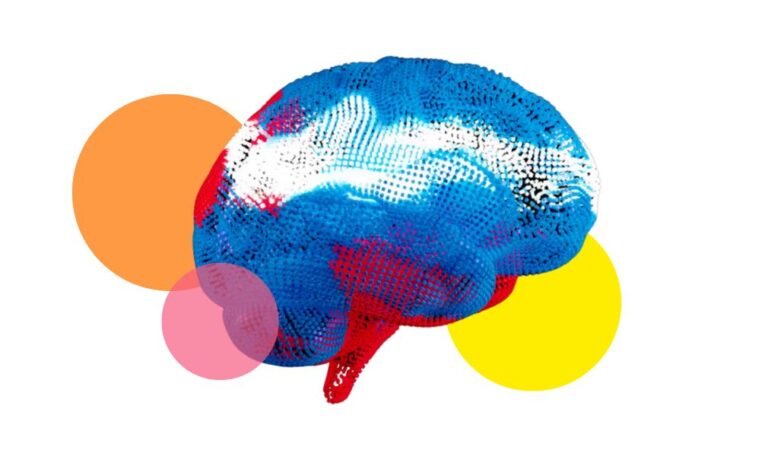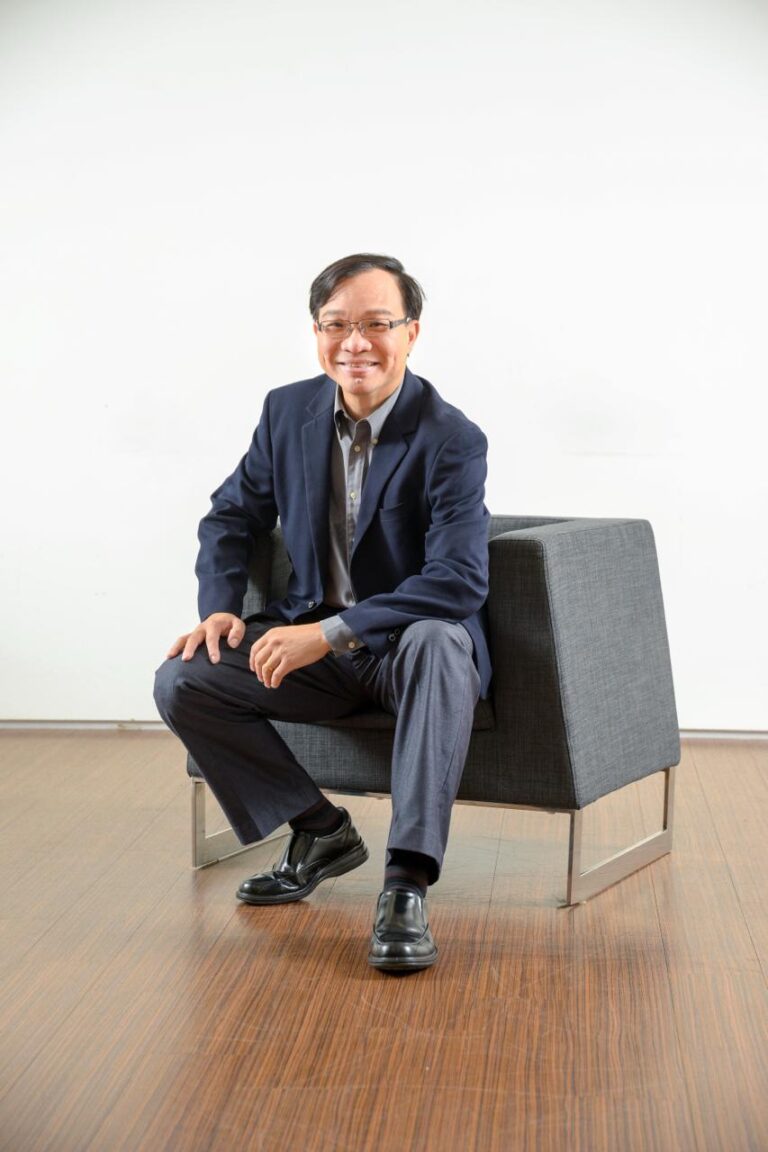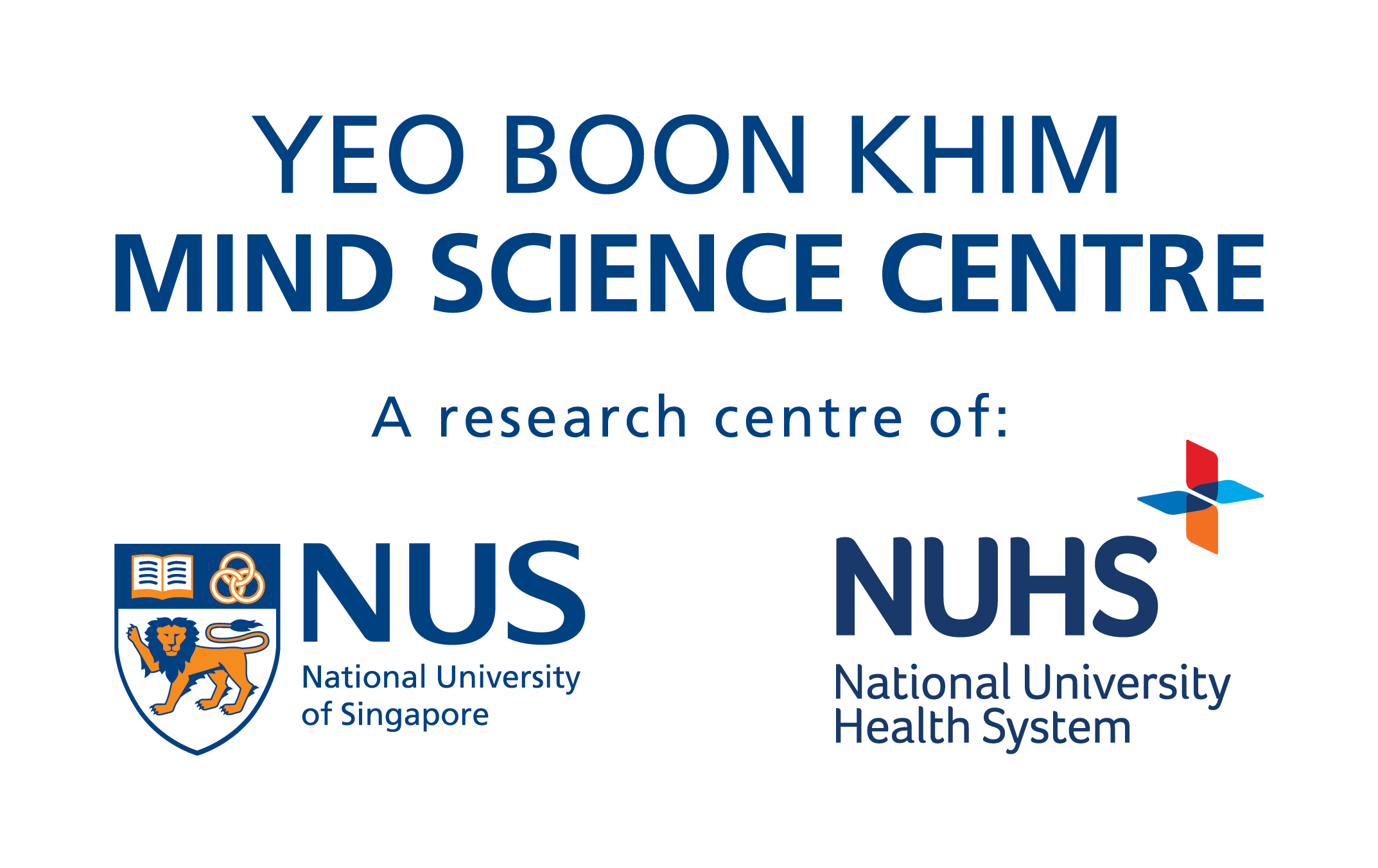In Conversation
Propelling Brain Health into the Digital Age
Published on 24 July 2025


Assoc Prof Tan Tin Wee
Della Suantio Lee Associate Professor in Mental Health and Digital Science
Introducing Associate Professor Tan Tin Wee as the Della Suantio Lee Associate Professor in Mental Health and Digital Science
The Yeo Boon Khim Mind Science Centre is pleased to welcome Assoc Prof Tan Tin Wee as the new Della Suantio Lee Associate Professor in Mental Health and Digital Science. This endowed professorship is made possible through a generous gift from the D.S. Lee Foundation, which supports advancing innovation and care in the field of mental health.
A long-time champion of digital innovation, Assoc Prof Tan brings deep expertise in biomedical science, high-performance computing and collaborative research. He was the Founding Chief Executive of the National Supercomputing Centre (2014–2024) and played a key role in bringing supercomputing into Singapore’s healthcare system to support clinical research and precision medicine.
Assoc Prof Tan is also internationally recognised for inventing multilingual Internet domain names, earning him a place in the inaugural Internet Hall
of Fame. He pioneered bioinformatics in Asia, led Singapore’s first research Internet provider, and has contributed to regional science and technology initiatives. A committed educator, he is an Associate Professor of Biochemistry at NUS, with over 100 scientific publications and decades of mentoring.
A New Chapter: Mental Health Meets Digital Science
In his new appointment, Assoc Prof Tan will explore how artificial intelligence can be used to detect and manage changes in brain health, especially in the early stages of cognitive decline such as subjective and mild cognitive impairment. Drawing on his biomedical IT expertise and personal experience as a dementia caregiver, he aims to integrate advanced digital tools like AI and brain mapping techniques to identify potential biomarkers and understand how memory relates to brain structure.
As part of the SYNAPSE Consortium’s Synchrotron for Neuroscience, this work may support early detection efforts and contribute to the development of innovative digital strategies to promote mental health and lifelong brain wellbeing.
Q&A
We Caught Up with Assoc Prof Tan
You’re bringing together computers and the human brain. What excites you most about this?
What’s exciting is the convergence of high-resolution brain imaging—like Synchrotron X-ray scans—with advanced tools such as AI, connectomics and neuroinformatics. This combination could deepen our understanding of the mind and mental health conditions. It opens up the possibility of more precise and personalised treatments in the future.
How can tools like AI or brain mapping help in everyday mental health care?
These tools won’t replace human care, but they can support doctors. AI can help improve diagnostic accuracy, track how a patient is responding to treatment or suggest more targeted therapies. Over time, these tools could make mental health care more timely, accessible and tailored to individual needs.
What insights have you gained from being a caregiver, and how do they relate to your interest in digital mental health?
Caring for my parents with dementia showed me that there are gaps in our healthcare system. Caregivers can often feel overwhelmed, especially when they are expected to track symptoms, monitor changes and communicate everything to medical teams. This is where technology can help. For example, wearables can monitor sleep patterns and physical activity, giving objective data about the patient’s condition or how they are responding to medication. Phone apps can allow caregivers to provide real-time updates to doctors, reducing the stress of having to remember every detail or stay constantly alert. These tools could ease the burden on caregivers and support earlier, more informed interventions.
What are the biggest challenges and opportunities in digital mental health today?
In the era of the generative AI revolution, we are facing changes that go beyond what the IT and Internet ages brought. This shift could challenge what it means to be human, and lead to significant mental stress as people anticipate job losses, career transitions and changes in relationships. At the same time, it will create new opportunities for those willing to re-skill and adapt quickly. We also need to study how these technologies may affect young people’s cognitive development. If misused, they could risk dulling an entire generation. Yet paradoxically, these same tools hold great promise in transforming how we diagnose, treat and prevent mental illnesses—and in promoting mental wellness overall.
